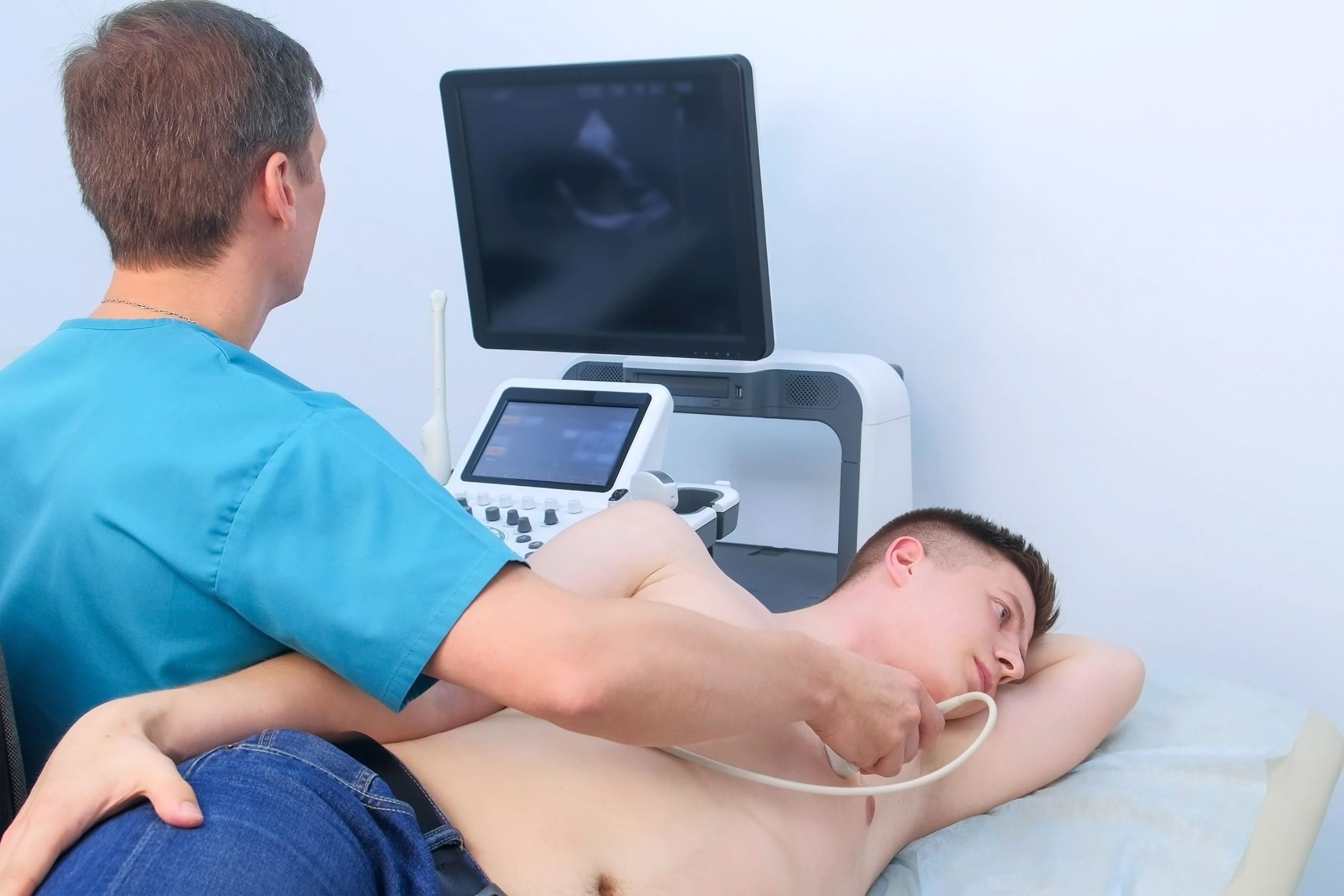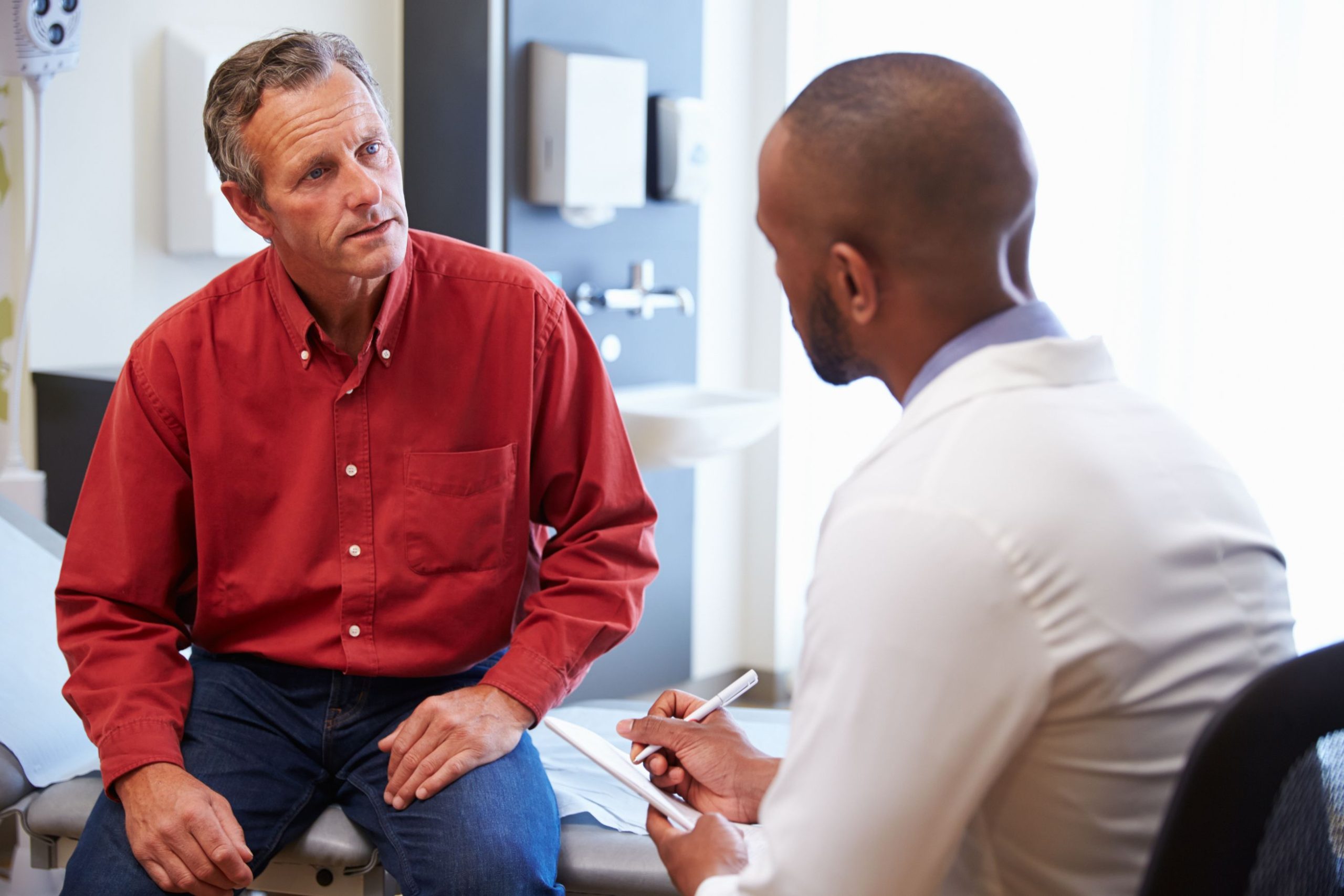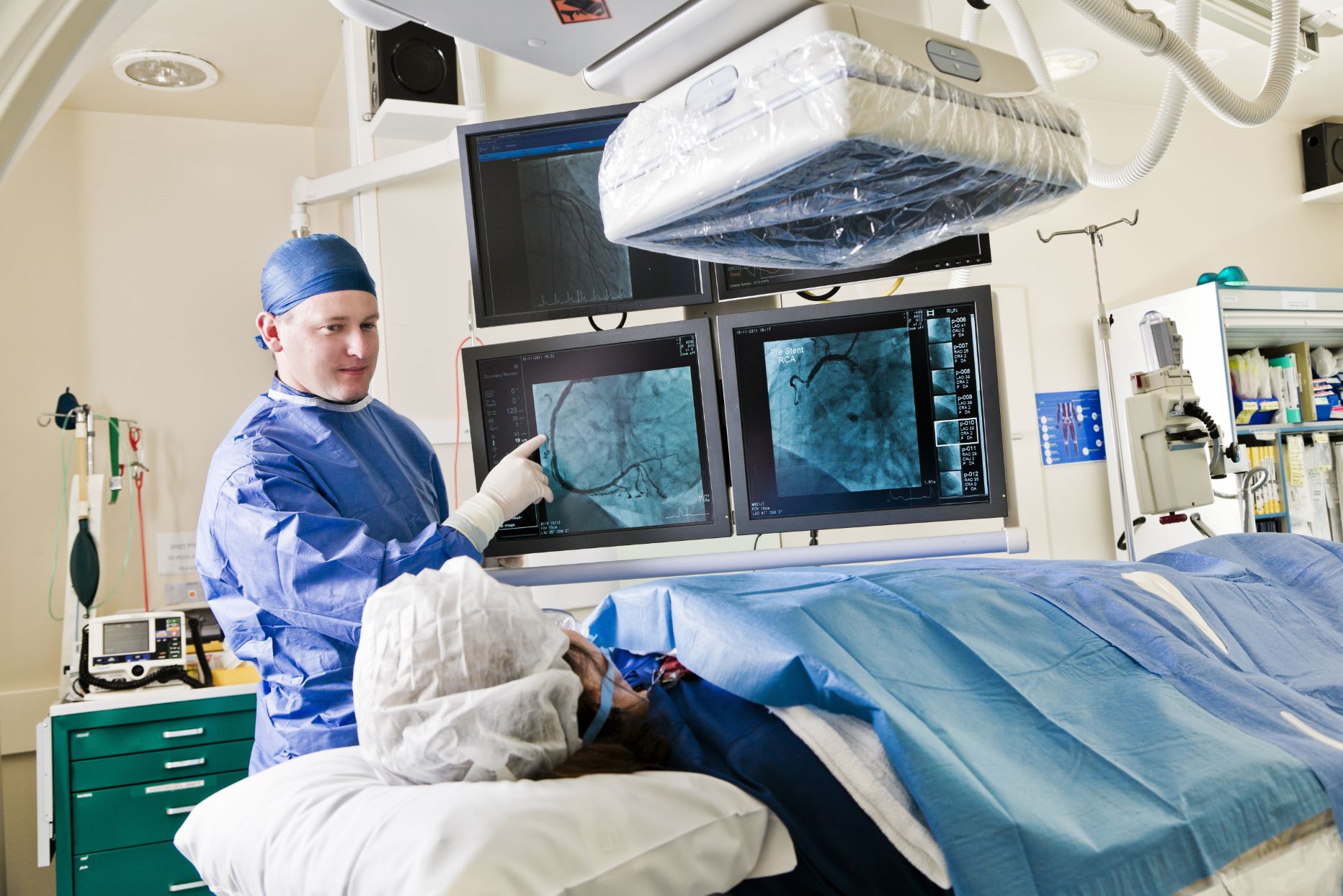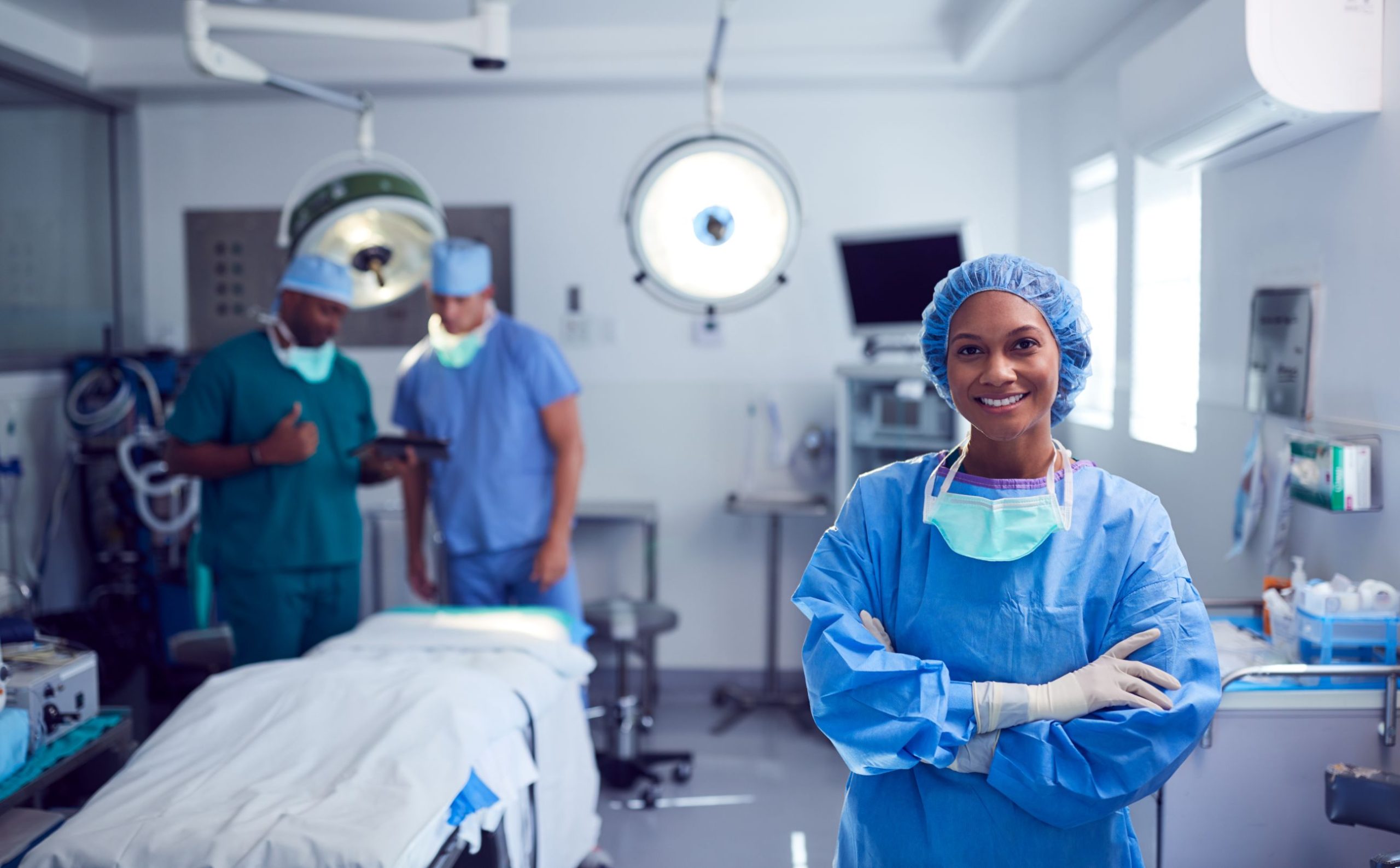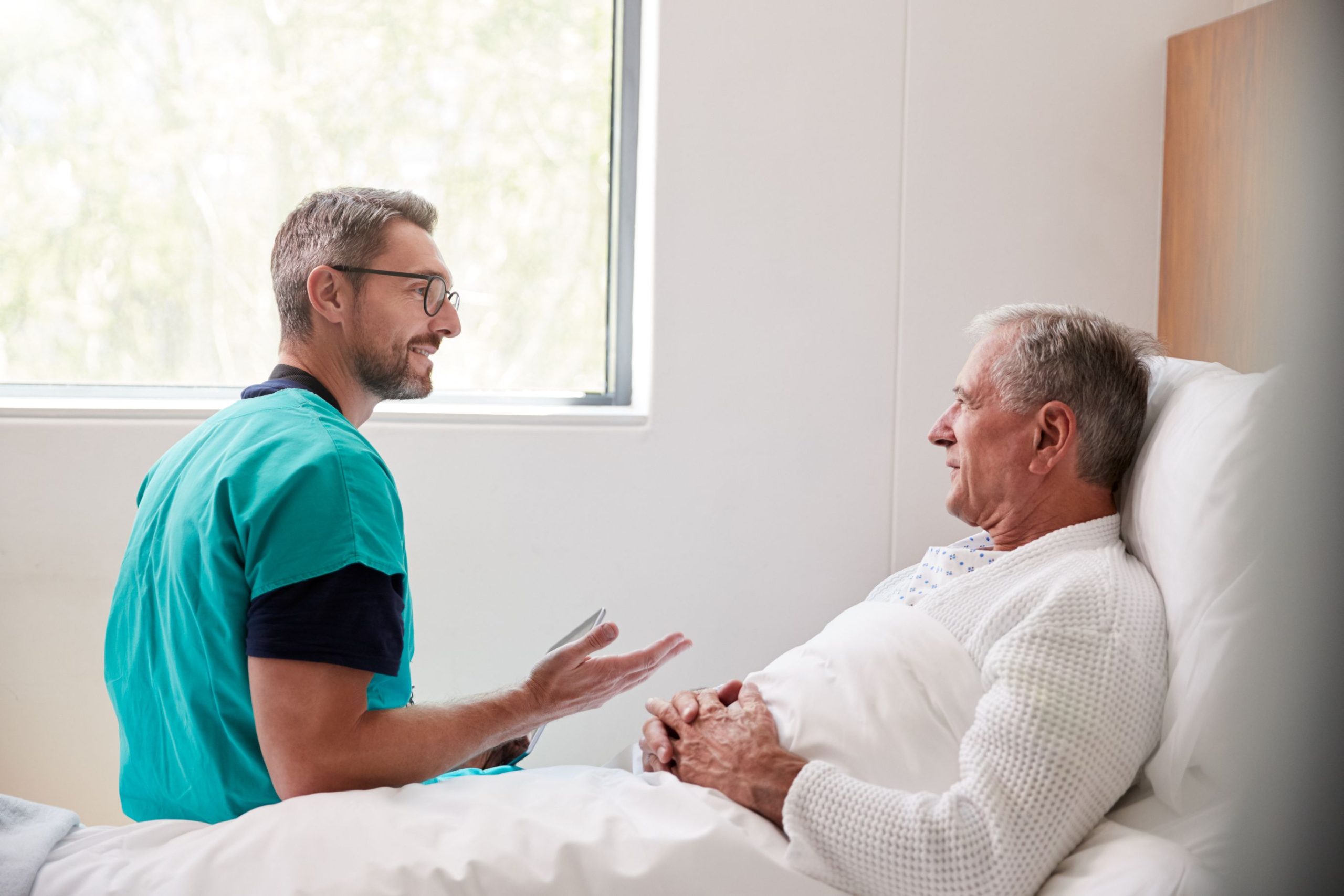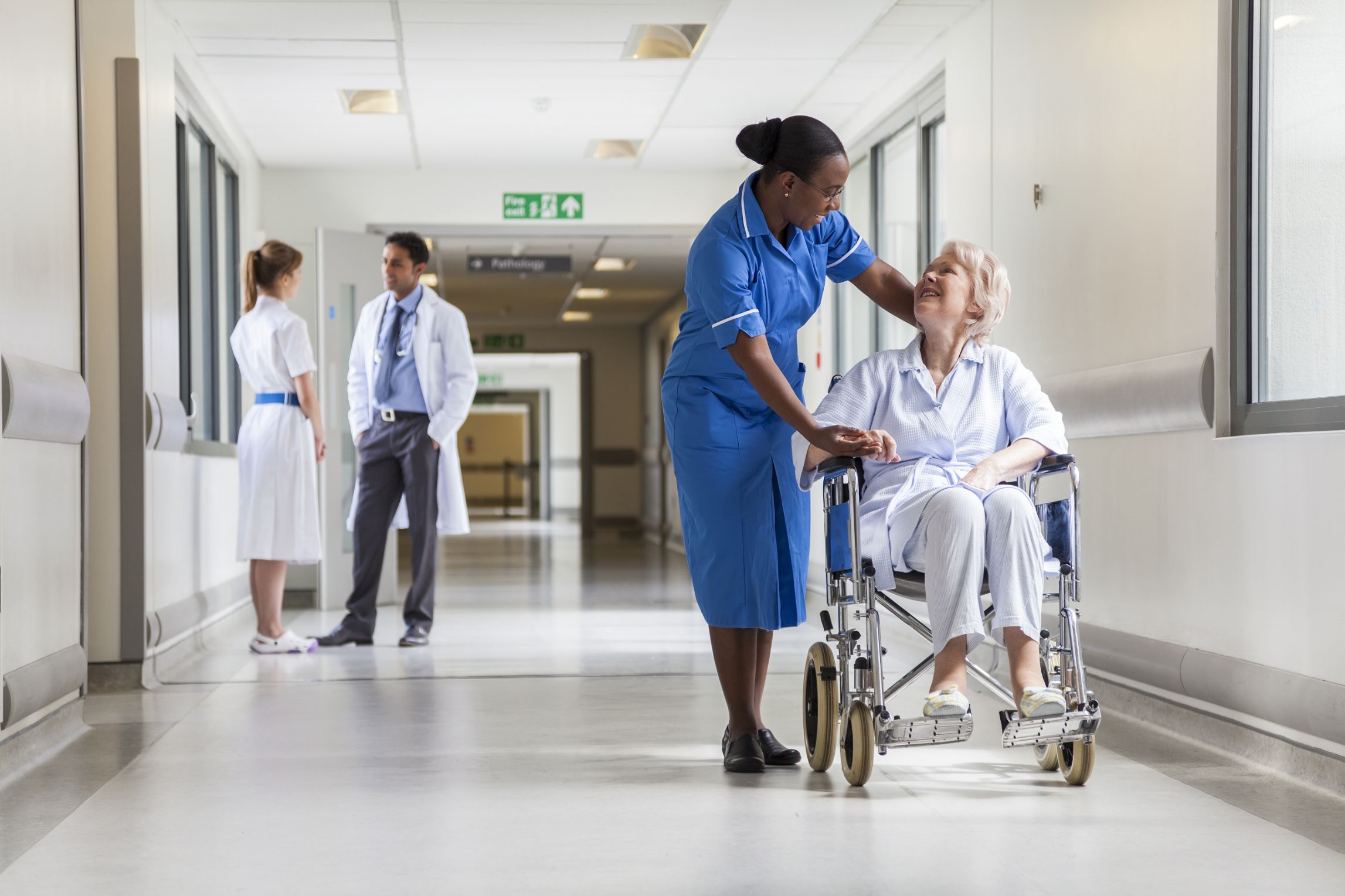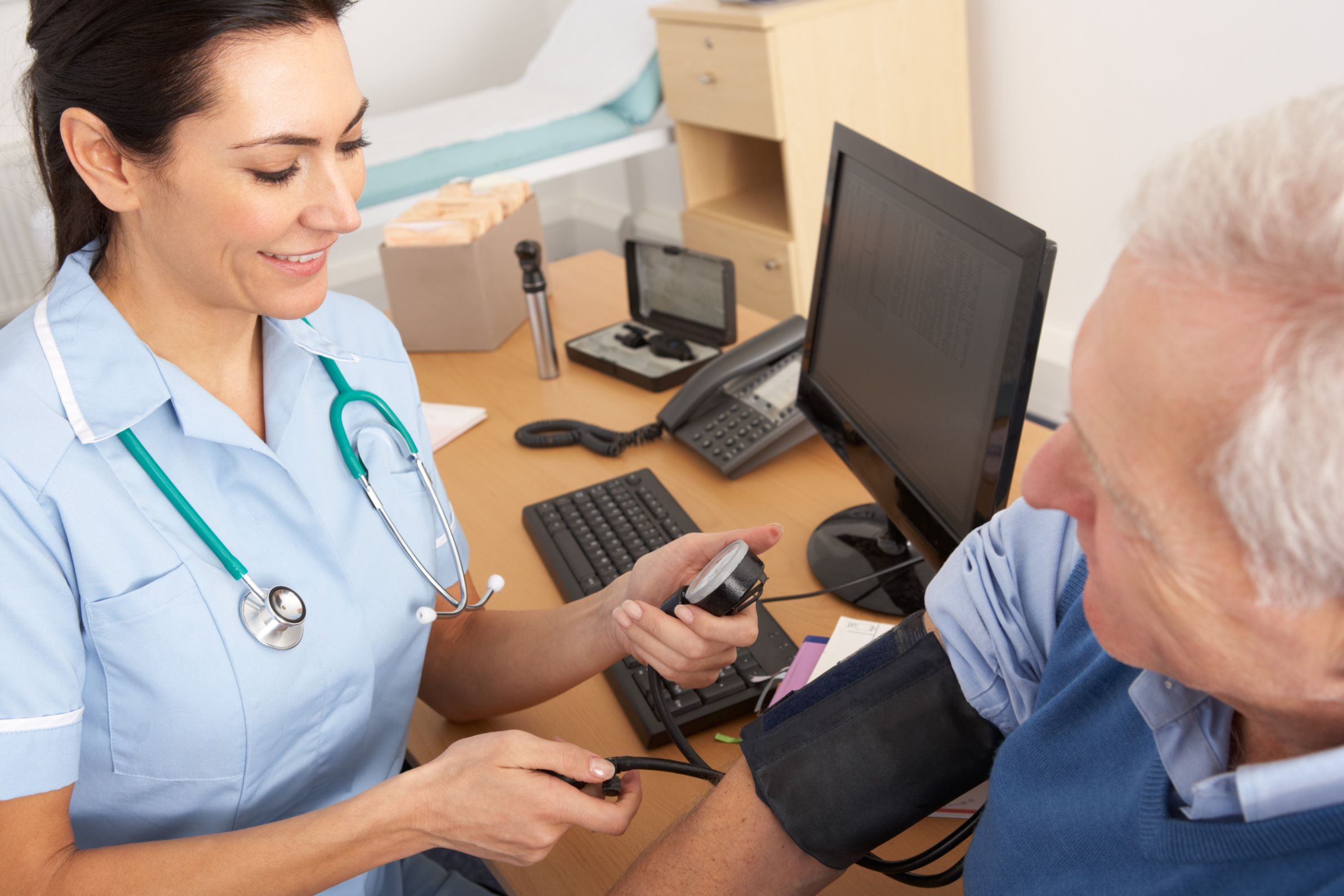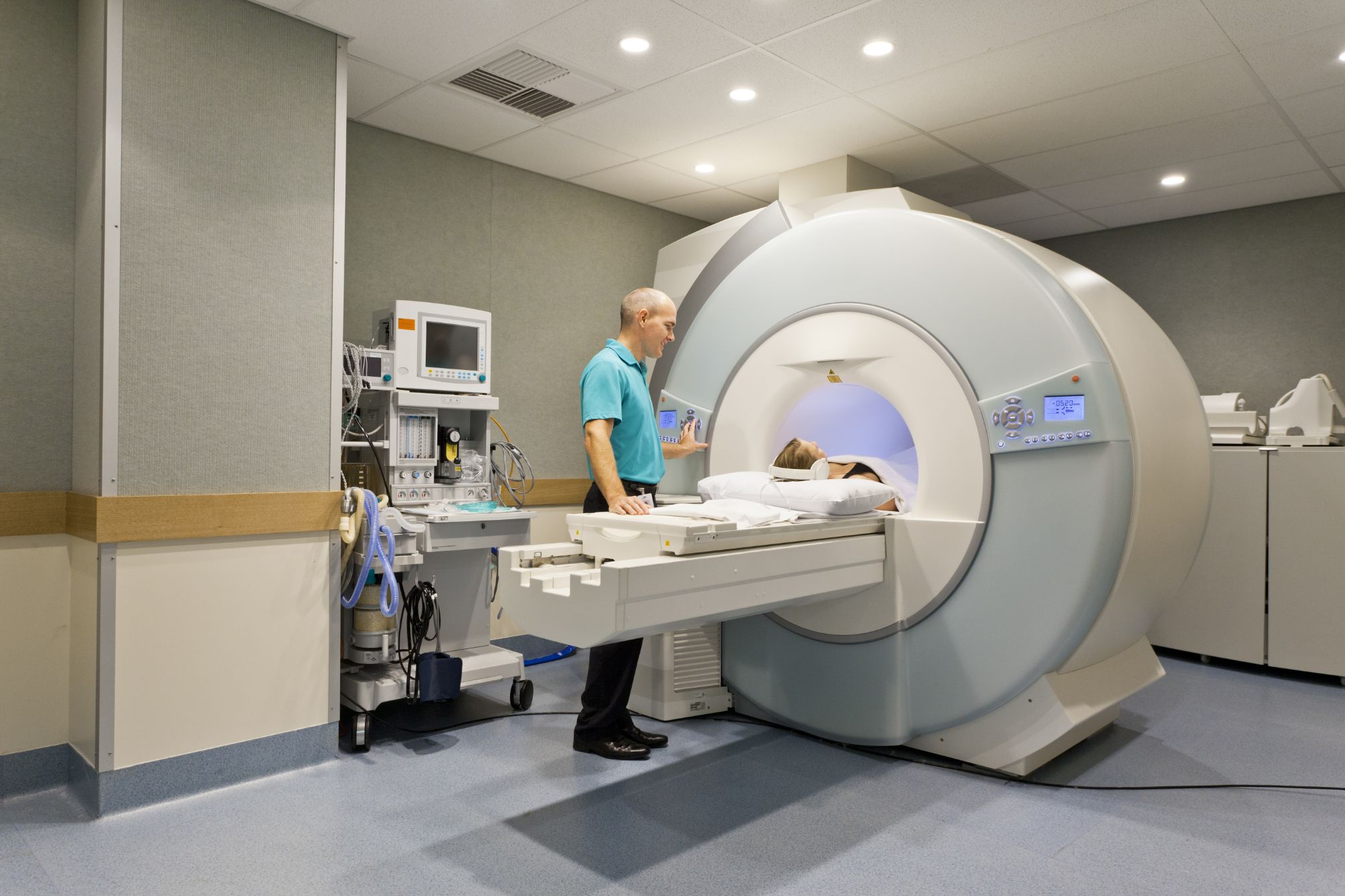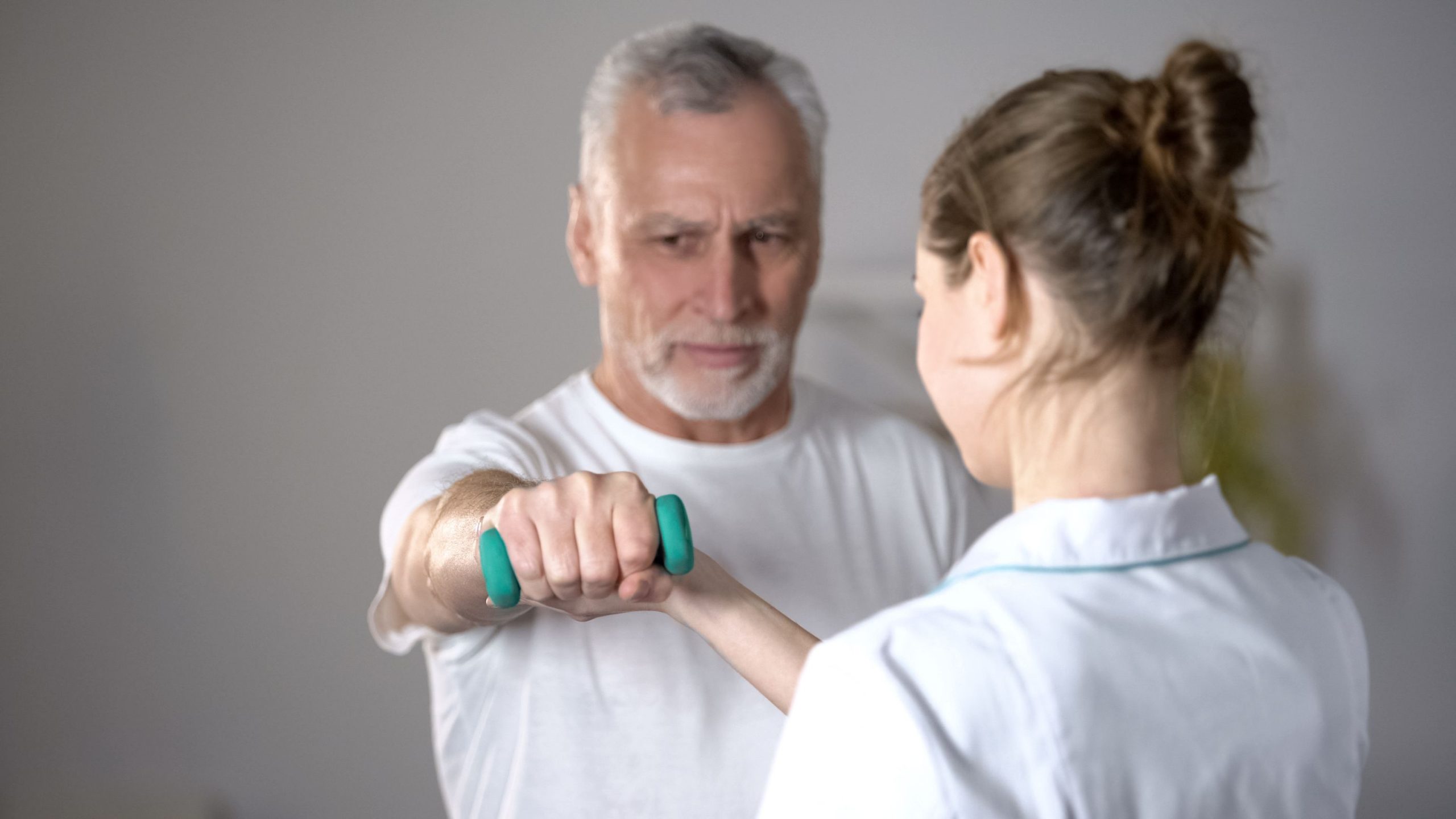Meet the team
Many professionals will help guide you on your heart valve disease journey, from staff in the surveillance clinic to those who look after you during procedures. Here we try to explain who those people are, and how they contribute to your care in the majority of UK centres.
Heart valve specialist Multi-Disciplinary Team
A heart valve specialist multidisciplinary team (MDT) is a group of healthcare professionals from various medical and allied health disciplines who collaborate to manage and treat patients with heart valve diseases. Heart valve diseases require complex and individualised treatment plans, and a multidisciplinary approach ensures comprehensive care. The team may have a general interest in valve disease or specifically aortic or mitral valve or infected valves.
Role
-
To perform your echocardiogram.
-
Some physiologists / scientists learn advanced skills allowing them to run their own ‘physiologist led’ valve clinics.
Where you’re likely to meet them
-
Heart valve surveillance clinic
-
On the ward before or after valve surgery
-
In a physiologist led valve clinic
Role
- To monitor your heart condition and decide when you require heart valve intervention.
- Performing specialised imaging tests on the heart.
Where you’re likely to meet them
- Heart valve surveillance clinic
- During a stress echocardiogram or transoesophageal echocardiogram
Role
- To see you in clinic and assess your suitability for keyhole/percutaneous valvular intervention.
- You will also see this person in the catheter laboratory. They will often perform your angiogram in preparation for surgery. This person will also perform TAVI and trans catheter edge to edge repair procedures.
Where you’re likely to meet them
- In the outpatient clinic.
- In the catheter laboratory.
- On the cardiology ward prior to and after your valve procedure.
Role
- To perform cardiac surgery including heart valve repair and heart valve replacement.
Where you’re likely to meet them
- In the outpatient clinic.
- In the operating theatre.
- On the cardiac surgery ward prior to and after your operation.
Role
- To put you to sleep for your heart valve operation.
- To put you to sleep (if required) for your keyhole valve intervention.
- To look after you on the Cardiac Intensive Care Unit (ICU).
- To assess your suitability for surgery.
Where you’re likely to meet them
- In the outpatient clinic/preoperative clinic
- In the operating theatre.
- On the intensive care unit.
- On the cardiac surgery ward prior to and after your operation
Role
- To look after your day-to-day nursing needs whilst you are an inpatient.
- To dispense your medication while you are an inpatient.
- To provide psychological and emotional support during your inpatient stay.
Where you’re likely to meet them
- On the cardiology ward, cardiac surgery ward, coronary care unit and cardiac intensive care unit.
Role
- To perform an in-depth assessment either as a telephone appointment or a face-to-face clinic appointment.
- To assess whether you have any symptoms and help you understand about your heart condition.
Where you’re likely to meet them
-
In the heart valve clinic
Role
- To assess your suitability for cardiac surgery or keyhole valvular intervention.
- To assess you at preoperative clinic.
- To assess you prior to valve intervention.
- To ensure your treatment path runs smoothly from referral to recovery.
- To check you are well following your valve intervention.
Where you’re likely to meet them
- In the preoperative clinic.
- In the cardiac surgery/structural heart disease clinic
- On the ward prior to and following your valvular intervention.
- In the outpatient clinic following your valvular intervention.
Role
- To take images of your heart during your valve procedure or during cardiac catheterisation.
- To take images in the cardiac CT department or cardiac MRI department.
Where you’re likely to meet them
- In the cardiac catheterisation laboratory.
- In the cardiac CT or MRI department. In the x-ray department.
Role
- To coordinate your care when you’re on waiting lists for procedures such as coronary angiogram or keyhole valvular intervention.
- To deal with enquiries about your care, coordinate referrals and help with administrative queries
Where you’re likely to meet them
-
Over the telephone with updates about your forthcoming appointment. Often you can also contact the team via email.
Role
- To ensure you make a full recovery following your heart valve surgery or intervention.
- To give advice and guidance on lifestyle iwith a view to improving your recovery following your heart valve procedure.
- To provide emotional support following your heart valve procedure.
- To provide a physical rehabilitation programme following your heart valve procedure.
Where you’re likely to meet them
- On the ward following your heart valve procedure.
- In the gym during your physical rehabilitation sessions.
- On the telephone following your heart valve procedure.

